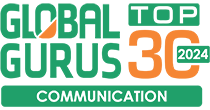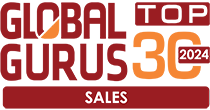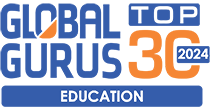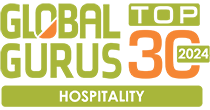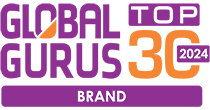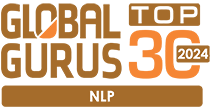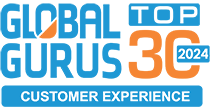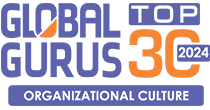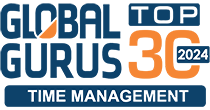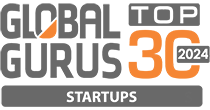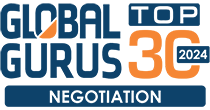The Top 3 Most Harmful Cyber Attacks Ever
April 12, 2020
Cyber-attacks aren’t anything new; in fact, people tend to be hearing about them on a much greater scale now and over the past few years. While some may be relatively harmless, there are those that have truly made their mark in history as some of the most harmful cyber-attacks ever. No nation seems to be immune to these breaches, nor does it matter what industry the company is in or the size of it.
So, what are some of the most harmful and notorious cyber-attacks ever? Let’s take a closer look.
Sony
All you have to do is take a look back to April 2011 when the victim of a massive cyber-attack was Sony’s PlayStation Network. This breach resulted in the personal data of a whopping 77 million people being accessed through the network. Among the information that was gathered was personal banking information. In order to address the issue, Sony Online Entertainment, PSN, and Qriocity were all shut down for a full month to get things under control and secured.
So, what was the result of the data breach?
- Sony paid compensation to its users to the tune of USD$15 million
- They had to refund any bank account that was accessed and funds were stolen
- They also had to pay their own legal fees which amounted to millions
What makes the attack even more shocking is that it could have been avoided altogether. Data was provided to Sony before the attack that showed its network was vulnerable to cyber-attacks, yet it didn’t act on it.
Equifax
This is a more recent cyber-attack, so there’s a good chance people are more familiar with this one. In July of 2017, the personal data of 143 million Canadian, American, and British customers was breached. This data included:
- Social insurance numbers
- Birthdates
- Names
- Driver’s license numbers
The sheer scope of this data breach was shocking at the time, and still is. It wasn’t a one-time breach either; the information was stolen over a matter of months, yet wasn’t detected until July 2017.
Yahoo!
It was only six years ago in 2014 that a cyber-attack targeted Yahoo!. In this attack, more than 500 million user accounts were compromised.
Hackers were able to access the users’:
- Names
- Telephone numbers
- Birthdates
- Passwords
This attack was all about gaining access to individuals’ data rather than company information. The one thing that Yahoo! stressed at the time was that no banking information was compromised, but it still recommended that people use caution such as changing passwords.
What Companies and Individuals Can Do
All of this, of course, leads to the question of what companies and individuals can do in order to boost their only security and safety. Some of the most common measures recommended include:
- Don’t visit sites you aren’t familiar with
- Install anti-virus software on your computer
- Don’t use a shared or public computer and/or hotspot to check personal data and make online purchases
- Change your password on a regular basis, be sure to pick one that is difficult to crack. Use an enterprise level password manager
- Install software updates whenever offered
- Only make purchases on encrypted websites
Of course, cyber-attacks have also opened up a whole new career path for those who are interested not just in protecting themselves, but others online. Many businesses are either employing cyber security contractors/freelancers or hiring on a full-time person dedicated to keeping all data safe and secure.
This need to keep the public safe has even launched a unique Master’s program in just that – public safety. You can click here to read more about the innovative program. Public safety includes:
- Border strategies
- GIS and data analytics
- Countering crime
- National security
- Emergency management
It is about keeping the public safe at all levels.
Don’t Expect Those to Be the Last
So, while this list may seem rather shocking, the fact is that we likely aren’t finished with cyber-crime and attacks, and there are sure to be more that can be added to this list in the future. In fact, this list is really just scratching the surface. Other big attacks included customer information through the Target retail chain, Marriott Hotels, credit card information in South Korea, and more.
As the problem continues to grow, all people can do is take the appropriate measures to safeguard their personal data. Companies and governments meanwhile need to step things up in their own right, putting public safety and security first.










